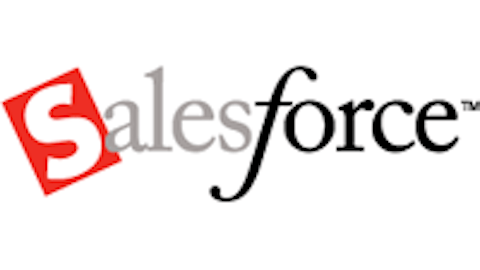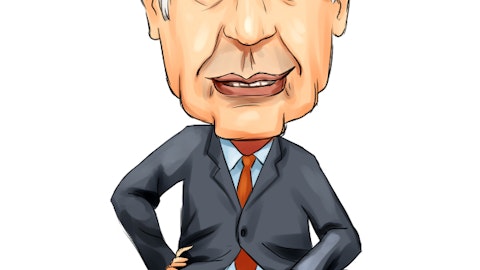HP can avoid this dip more than the other companies can, though. Because of their broad portfolio of products and their solid performance in each of their product sectors, they can compensate any loss in server sales with a bolster in sales in any one of their seven complete product sectors (ranging from personal to enterprise products) that they are involved in. Although it is very unlikely that server sales will ever decrease in the coming years, if they do HP will have the ability to withstand the losses due to their involvement in other markets.
So while it would be good to invest in any of these three IT companies, HP offers investors the safest choice because of their ability to compensate any loss in server sales with other products, which neither IBM or Dell Inc. (NASDAQ:DELL) can do.
How the Moonshot system will benefit HP
The Moonshot system is definitely going to define the way servers are looked at as more and more data is processed through data centers. The more servers that can fit into current data centers and use less energy to run and cool, the better. With HP pioneering this new initiative in the server market, they will undoubtedly gain a larger foothold and help to boost sales, and ultimately profits and stock prices.
Learn more about the new HP Moonshot system:
In conclusion
Any of these companies should be a viable option for the next few years. Data use is only going to increase, and that is only going to cause a demand for more servers. Here are some statistics for the companies enterprise segments:
HP saw its sales from servers place fourth among all of its product categories with a 16% share of all income, behind personal systems (PCs), printing, and services. HP has a strong foothold in all of these markets, and as their server market will inevitably grow, it can only help to make the company even stronger. HP recorded $20 billion in server-sales revenue last year.
IBM’s Systems and Technology segment held 32% of the revenue share in 2012. As IBM expands its offerings in other categories such as Global Business Services consulting, they can sell vast amounts of servers and software solutions to large companies. IBM recorded $17.6 billion in server-sales revenue last year.
Dell reported that their Enterprise Systems segment generated 30% of the company’s revenue in 2012. If Dell continues to perform well in all of their segments, then they can very well see a rise in share price. Dell recorded $18.6 billion in server-sales revenue last year.
Investing in these IT companies is a solid choice. Investing in just one may be risky if they lose out to another of the “big three”, so buying shares of each one could minimize risk while taking complete advantage of each company as they grow. As always, continue to analyze each company to decide which one(s) are best for you. Remember, these companies are at the top of the charts in not only server sales, but almost every category they compete in. As the world becomes more reliant on the products that these companies make, HP, IBM, and Dell can all flourish.
The article Big Data Pays originally appeared on Fool.com and is written by Nicholas Lusskin.
Nicholas Lusskin owns shares of International Business Machines (NYSE:IBM) and Hewlett-Packard (NYSE:HPQ). The Motley Fool owns shares of International Business Machines. Nicholas is a member of The Motley Fool Blog Network — entries represent the personal opinion of the blogger and are not formally edited.
Copyright © 1995 – 2013 The Motley Fool, LLC. All rights reserved. The Motley Fool has a disclosure policy.




